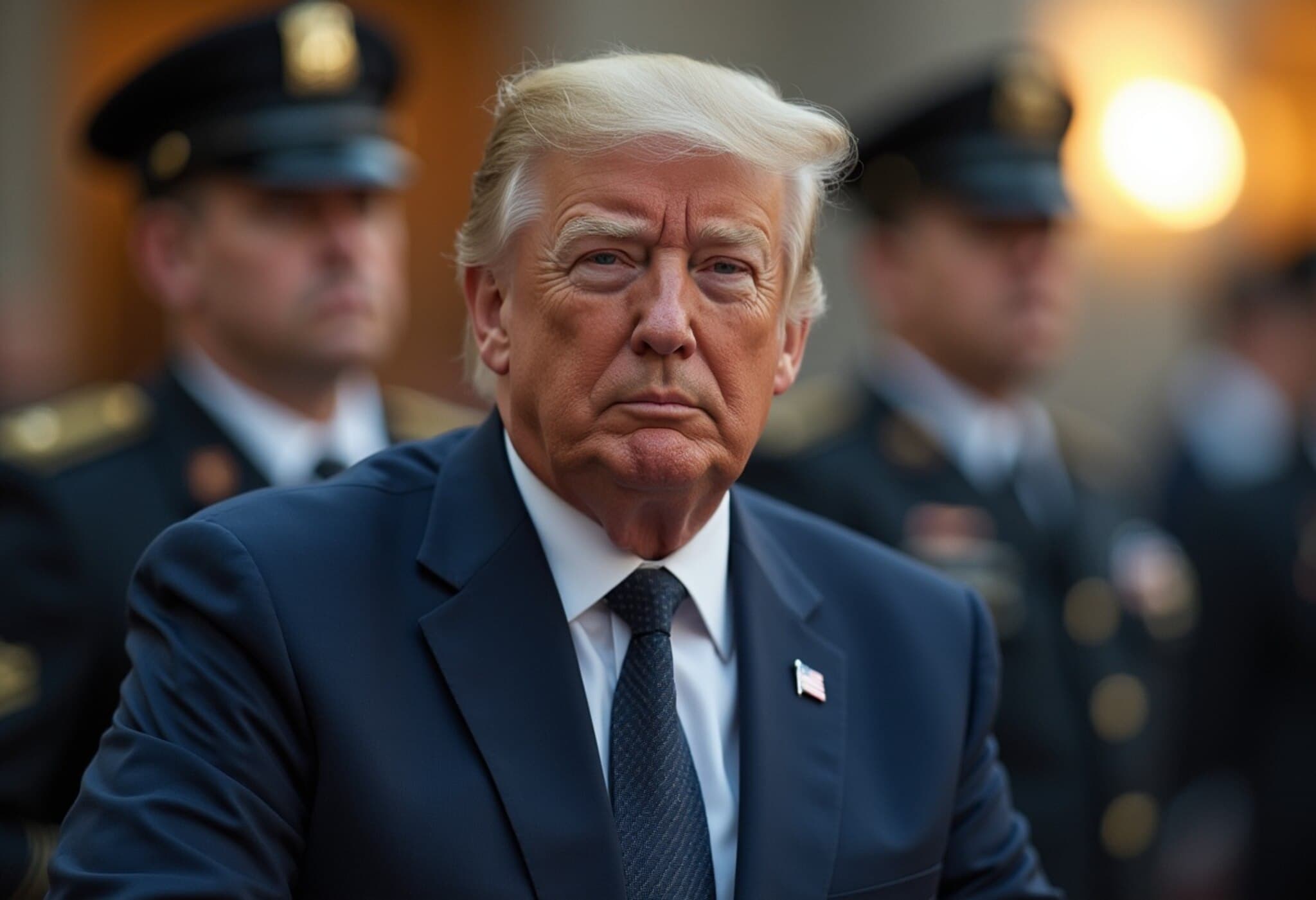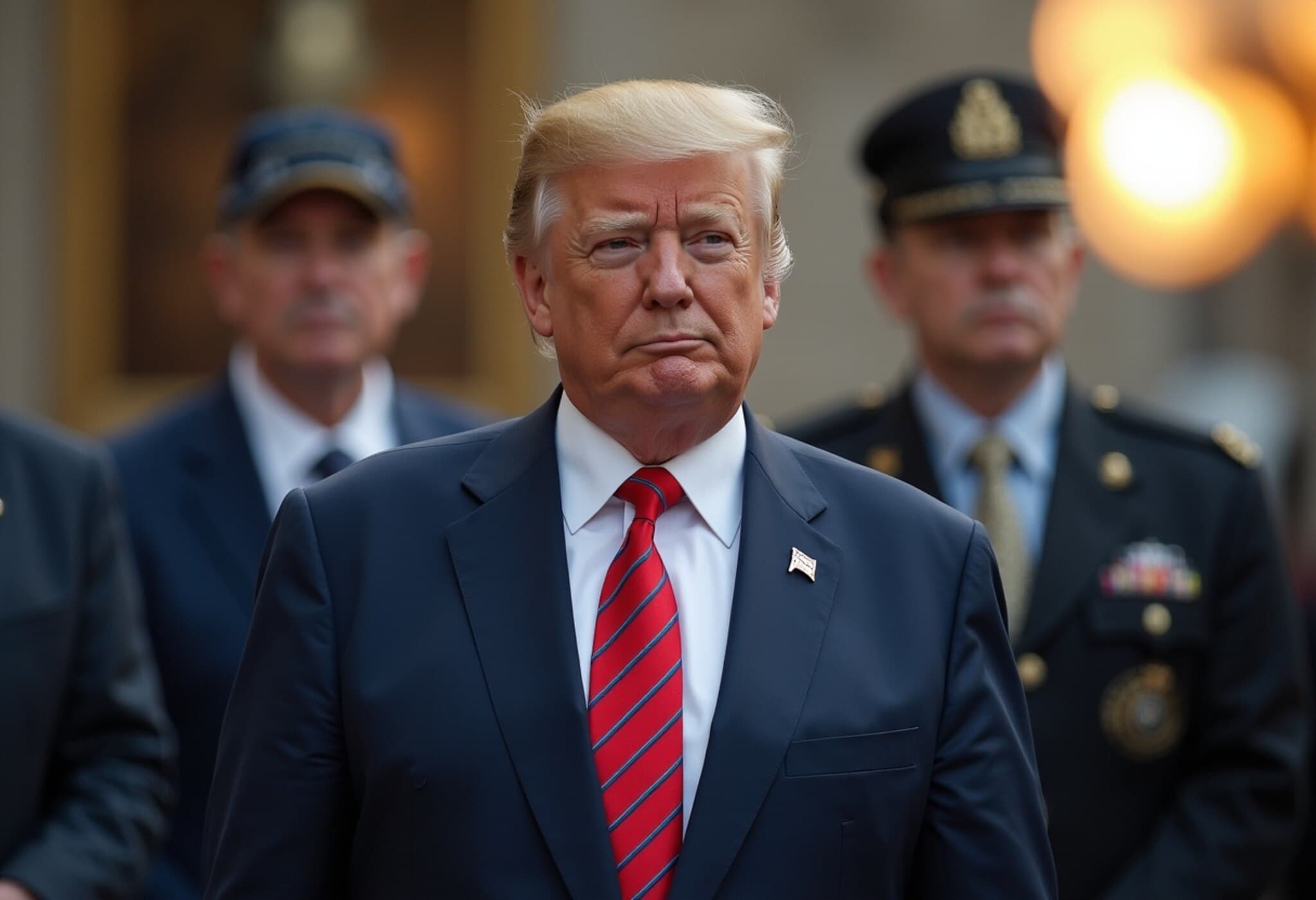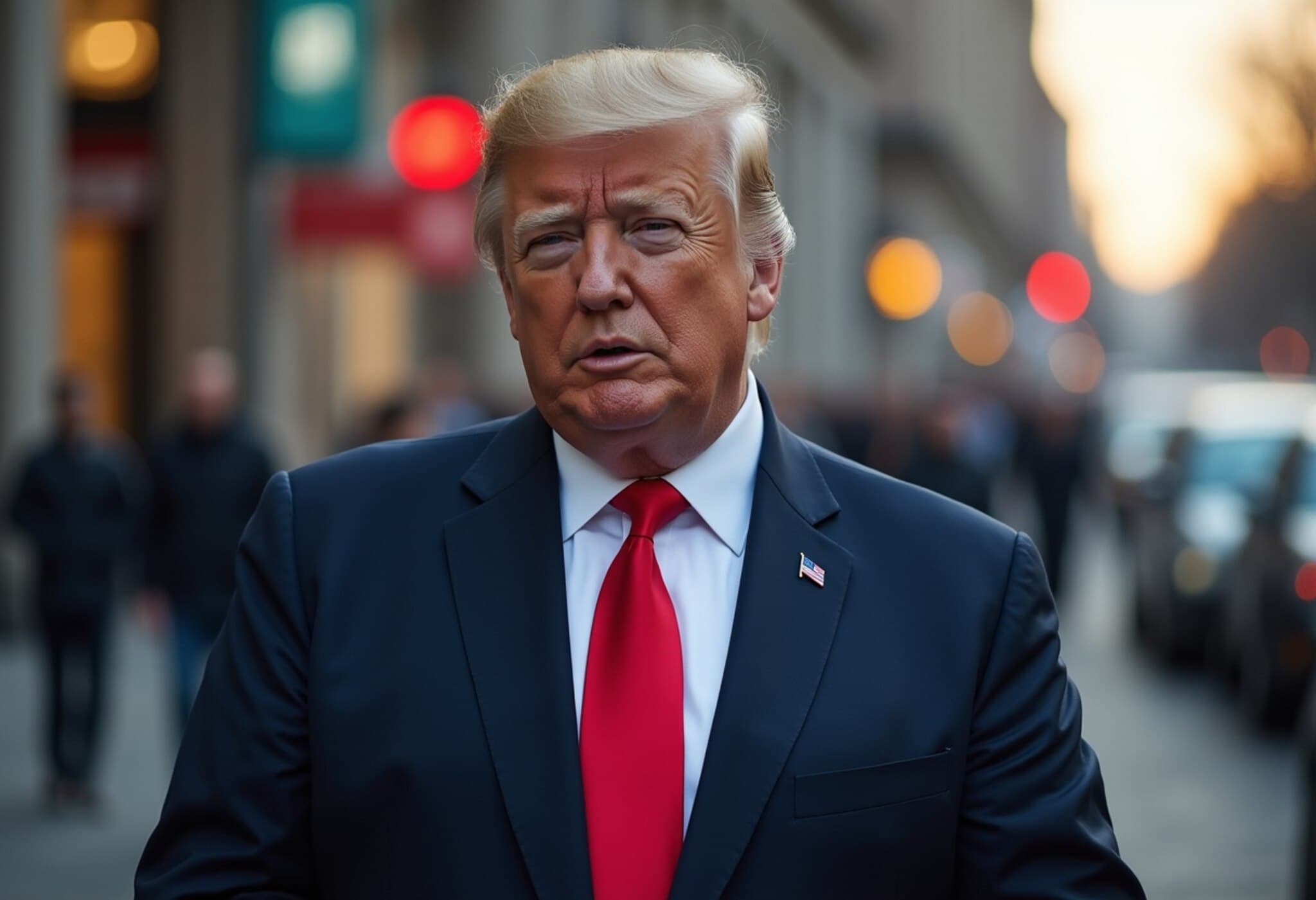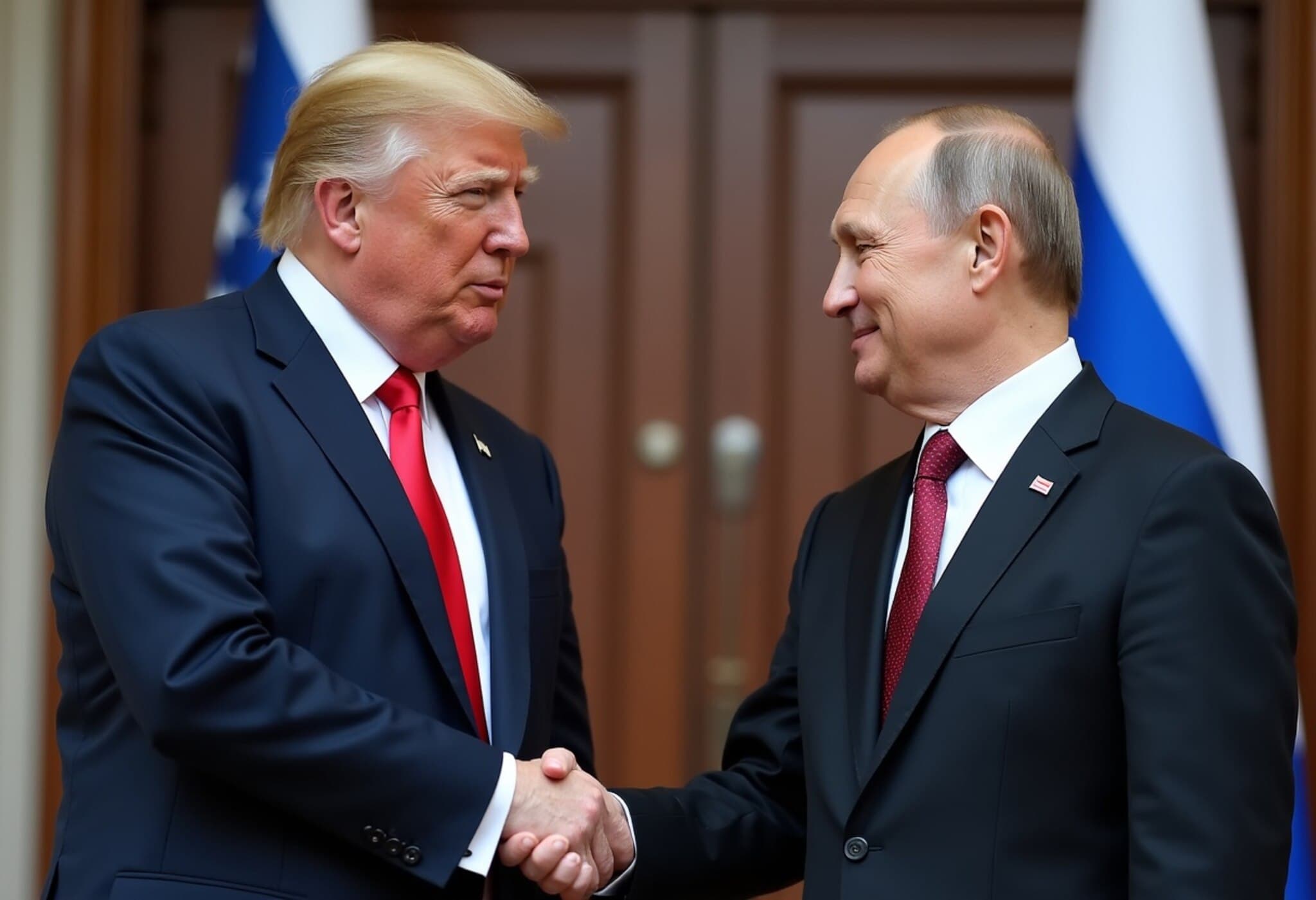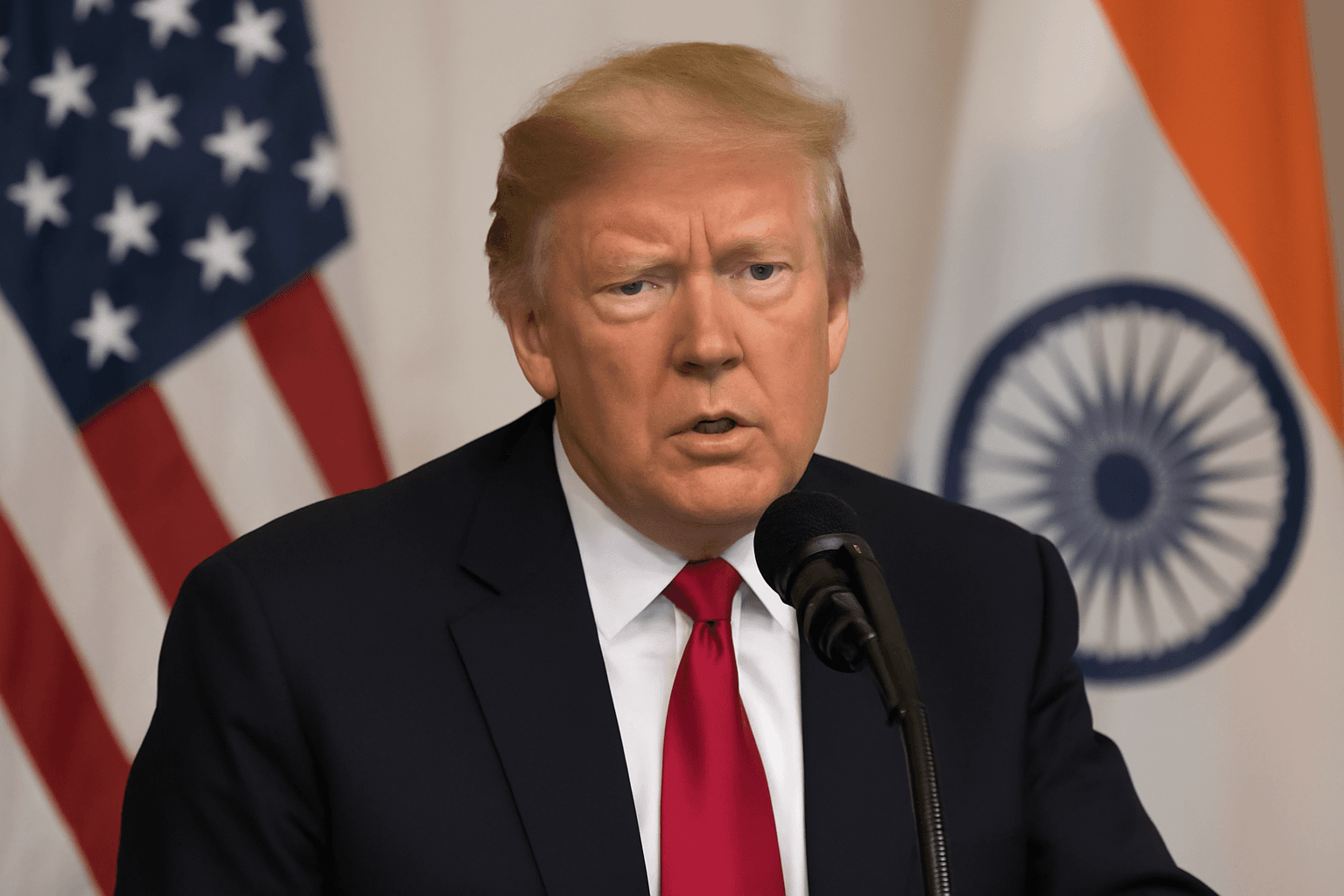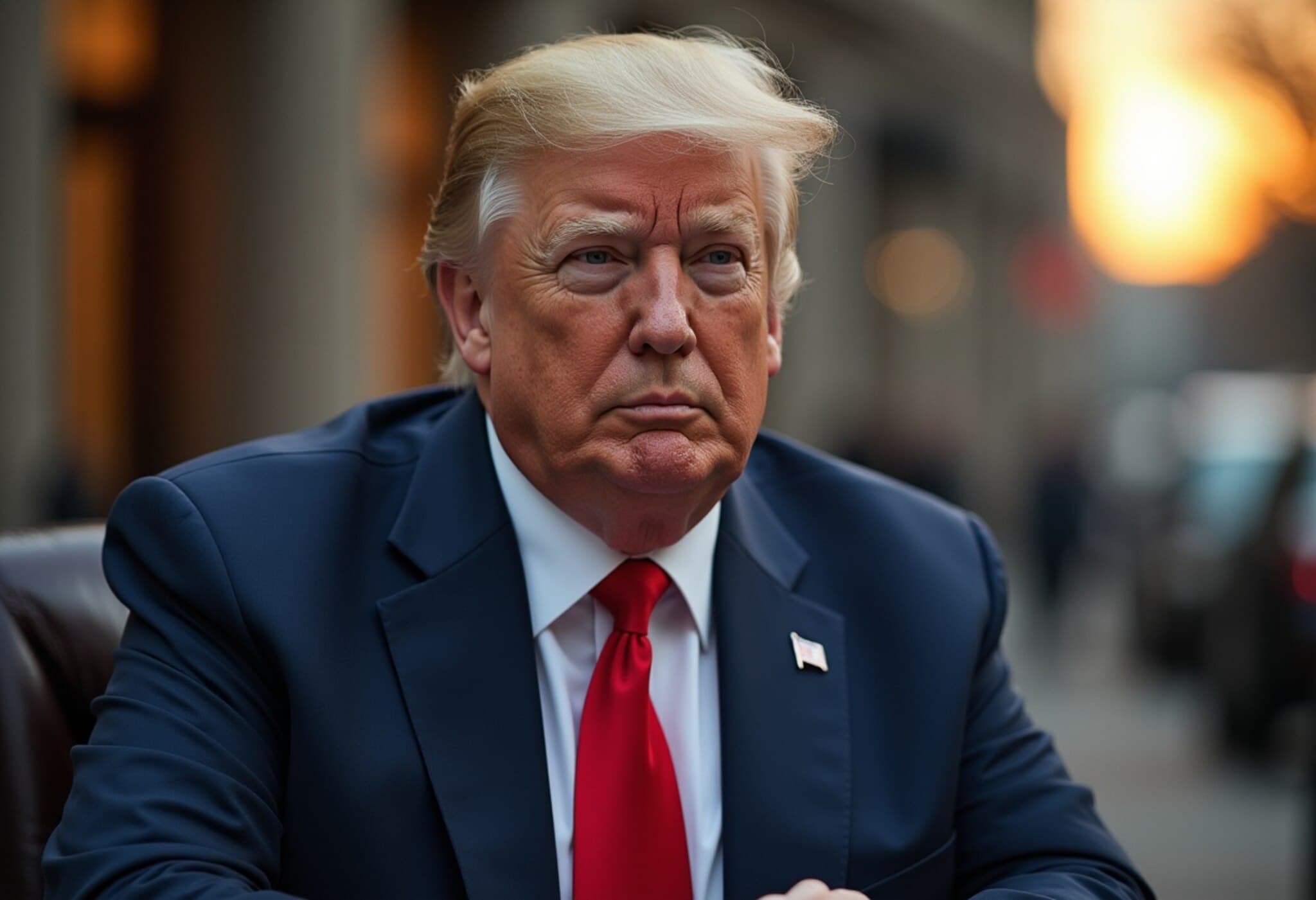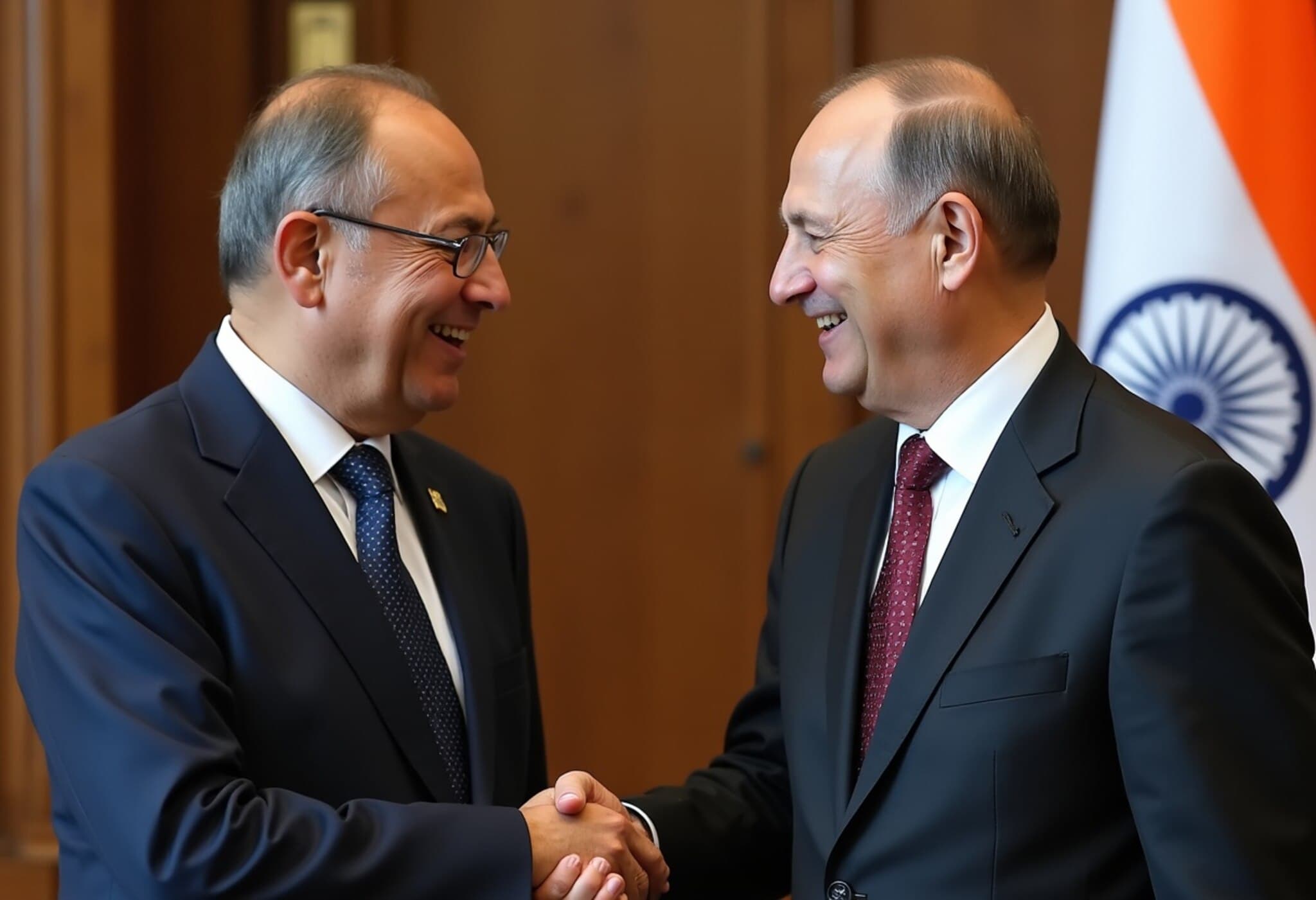Ukraine's Stance: No Territory for Peace, Zelenskyy Declares
In a firm and unwavering declaration on August 9, 2025, Ukrainian President Volodymyr Zelenskyy unequivocally stated that Ukraine will not cede any part of its sovereign territory to Russia as a bargaining chip for peace. This comes amidst preparations for a high-stakes summit between former US President Donald Trump and Russian President Vladimir Putin, scheduled for August 15 in Alaska, aimed at resolving the ongoing conflict that has gripped Eastern Europe for over three years.
Context: The Trump-Putin Summit and Its Controversial Premise
The prospect of a Trump-Putin dialogue has stirred significant apprehension among Ukrainian officials and Western allies, who insist that any meaningful peace negotiations must directly involve Kyiv. When Trump announced the summit, he suggested that a potential solution might include "some swapping of territories to the betterment of both" nations. While details remain elusive, such proposals hint at demanding Ukraine compromise significant parts of its land.
Zelenskyy’s response was clear and resolute, delivered shortly after Trump’s announcement: "Ukrainians will not give their land to the occupier. Any decisions against us, any decisions without Ukraine, are also decisions against peace. They will achieve nothing." His remarks underscore a broader concern that involuntary territorial concessions could embolden Moscow’s aggression rather than pave the way to lasting peace.
Ukrainian Sovereignty at the Forefront
This position reflects a broader narrative that Ukrainian sovereignty is non-negotiable, especially considering the backdrop of Russia’s invasion that began in February 2022. Moscow cites its perceived security threat from Ukraine's pivot toward Western alliances as justification for the war, while Kyiv and its Western partners dismiss these claims as unfounded imperialist ambitions.
Allies Rally: Coordinated Diplomatic Efforts
In a show of solidarity, Zelenskyy actively engaged with key Western leaders, including British Prime Minister Keir Starmer, emphasizing the necessity of "clear steps" toward sustainable peace. In parallel, US Vice President JD Vance met with Ukrainian and European allies in London to discuss the evolving diplomatic landscape sparked by Trump’s envoy, Steve Witkoff’s recent mission to Moscow, described by Trump as making "great progress."
Downing Street highlighted these talks as a vital forum for securing a just and lasting resolution, reflecting the anxiety that any peace process excluding Kyiv might undermine Ukrainian interests and regional stability.
Expert Insight: The Fragility of Peace Prospects
Tatiana Stanovaya, senior fellow at the Carnegie Russia Eurasia Center, offered a cautiously optimistic yet pragmatic assessment: "This is the first more or less realistic attempt to stop the war," she noted, while also expressing deep skepticism about the durability of any agreements and the potential costs to Ukraine’s territorial integrity.
The Ground Reality: Fighting Continues Amid Diplomatic Talks
On the battlefield, intense fighting persists along Ukraine’s expansive 1,000-kilometer frontline, particularly in eastern and southern regions where Russian forces control roughly 20% of Ukraine’s territory. Despite incremental advances by Russian troops, the summer offensive has failed to deliver a decisive breakthrough, according to Ukrainian military analysts.
Despite the pressures, Ukrainian morale remains unshaken. Citizens, exemplified by residents in Kyiv emblazoning the city center with hundreds of Ukrainian flags to honor fallen soldiers, convey deep-rooted resistance to ceding ground. Olesia Petritska, 51, affirmed, "Not a single serviceman will agree to cede territory or pull out troops from Ukrainian lands."
What’s at Stake?
- Territorial Integrity: Ukraine categorically refuses to recognize any peace deal that requires land concessions.
- International Legitimacy: Western powers insist Kyiv's direct involvement is essential for legitimate negotiations.
- Conflict Resolution Challenges: The summit raises critical questions about who speaks for Ukraine and what trade-offs are politically and morally acceptable.
Looking Ahead: The Broader Implications
The Trump-Putin summit is more than a diplomatic meeting; it symbolizes the complex intersection of geopolitics, national sovereignty, and the search for peace in a conflict that has reshaped global security dynamics. For the United States and its allies, the challenge lies in balancing pragmatic engagement with Russia while ensuring Ukraine’s sovereignty and dignity are not compromised.
Regional and Global Perspectives
This evolving dynamic also underscores the critical role the United States and Europe play in shaping the future of Eastern Europe. Any settlement that neglects the voice of the Ukrainian people risks prolonging instability with far-reaching consequences for transatlantic security and the international legal order.
Editor’s Note
The unfolding situation presents a profound challenge: can peace be forged without sacrificing the sovereignty and territorial integrity of Ukraine? President Zelenskyy’s steadfast refusal to entertain land concessions highlights a fundamental principle in international law and conflict resolution—peace imposed without the consent of the affected nation may sow seeds of future unrest. As the Trump-Putin summit approaches, the international community must grapple with the moral and strategic implications of any deal that excludes Ukraine from the negotiating table. This juncture reminds us that durable peace is not merely an outcome of diplomacy but a reflection of justice and respect for national self-determination.

